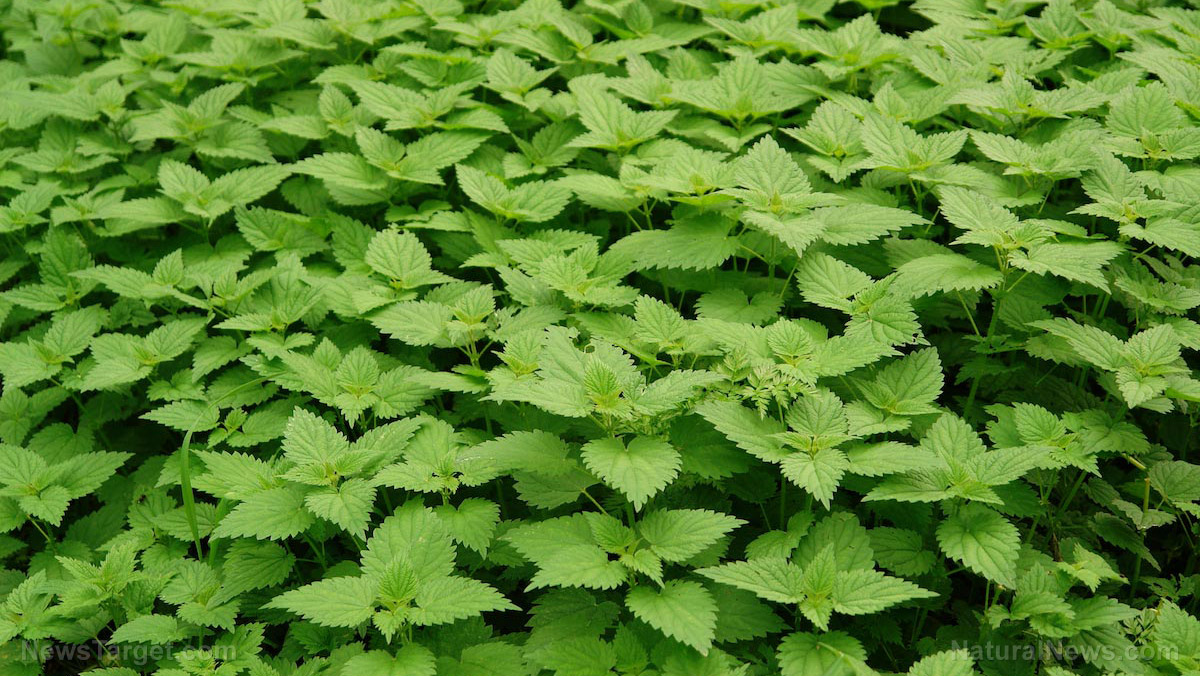 Parler
Parler Gab
Gab
- Reduced appreciation of food and drink
- Increased feelings of depression and loneliness
- Reduced appetite
- Exaggerated personal hygiene, such as showering multiple times a day or using excessive amounts of perfume
- Negative effects on relationships with a partner, friends and family
Smell training involves sniffing four different odors -- typically from the categories flowery, fruity, spicy and resinous -- twice a day for a period of about four to six months. Often, essential oils of rose, lemon, clove and eucalyptus are used for smell training due to their concentrated scents.[xi]
It's believed that smell training may increase the expression or growth of olfactory receptor neurons, helping to bring back the ability to smell. In a meta-analysis of 13 studies, smell training led to significant positive effects for all olfactory abilities, with researchers noting, "[S]uch training should be considered an addition or alternative to existing smell treatment methods."[xii]
Another meta-analysis found a significant improvement in olfactory discrimination and olfactory identification following smell training. It's also been suggested that changing the odors used periodically during smell training may increase its success.[xiii] In addition to essential oils, a range of other odors have also been used with success, including:[xiv]
|
Garlic |
Paprika |
Marjoram |
|
Curry |
Rosemary |
Nutmeg |
|
Thyme |
Basil leaves |
Cumin |
|
Chocolate |
Celery |
Anise |
|
Ginger |
Orange |
Banana |
|
Cinnamon |
Coffee |
Cheese |
|
Balsamic vinegar |
Onion |
Juniper berries |
|
Pepper |
Dill |
Cedar |
The antioxidant alpha-lipoic acid (ALA) was also useful in restoring sense of smell in people with anosmia following upper respiratory tract infection. Patients took ALA supplements at a dose of 600 milligrams (mg) a day for an average of 4.5 months. At the end of the study, 26% had a moderate increase in olfactory function while 35% had a "remarkable" increase.
"The results indicate that alpha-lipoic acid may be helpful in patients with olfactory loss after upper respiratory tract infection," researchers noted in the journal Laryngoscope.[xv]
3. Ginkgo BilobaThe herb ginkgo biloba helped to restore sense of smell in an animal study when used in combination with an anti-inflammatory drug.[xvi] It's believed that ginkgo's antioxidant effects may explain its usefulness for anosmia.
Among 28 patients with post-viral olfactory loss, the addition of ginkgo led to greater efficacy in treatment compared to treatment with the steroid prednisolone and mometasone furoate (corticosteroid) nasal spray alone.[xvii]
4. Lavender SyrupLavender syrup, which is often used in Persian medicine, is believed to have a cleansing effect on the brain and a strengthening effect on the brain and body. In a pilot clinical trial, 23 patients with post-viral olfactory dysfunction took 9 milliliters of lavender syrup for three weeks. Lavender syrup led to significant improvements in olfactory function compared to the control group.[xviii]
5. Zinc GluconateZinc deficiency may induce anosmia,[xix] and it's been found that supplementation with zinc gluconate for one month leads to significantly higher recovery rates of olfactory function compared to treatment with prednisolone alone.[xx]
6. TurmericTurmeric, known for its active ingredient curcumin, has impressive antioxidant and anti-inflammatory properties. In a peer-reviewed case report, a doctor and medical student from Tulane University School of Medicine in New Orleans report two patients who experienced fast restoration of taste and smell after taking one dose of turmeric.[xxi]
In one case, a 25-year-old man with post-viral anosmia took a capsule with 1,000 mg of turmeric extract (95% curcuminoids) and 10 mg of black pepper extract, which improves absorption. "He experienced complete restoration of smell and taste, with both senses rated 10/10, ten minutes after supplement ingestion," researchers explained.
In a second case, a 28-year-old man with post-viral near-anosmia took a capsule containing 1,000 mg of turmeric extract (95% curcuminoids), 1,000 mg of Boswellia serrata plant extract and 15 mg of black pepper extract. According to the study, "Twelve hours after taking the turmeric supplement, the subject reported experiencing a restoration of both smell and taste to intensity of 6/10 each, with 10/10 being achieved three days later."
Natural options for anosmia such as smell training and herbal supplements can be done at home, potentially leading to a significant improvement in your quality of life. However, if you're struggling with anosmia, a knowledgeable health care practitioner can also work with you to devise a holistic treatment plan to help restore your sense of smell and, in so doing, optimize your overall well-being. Read more at: GreenMedInfo.comCustard apple: A nutrient-packed superfruit with ancient roots
By Zoey Sky // Share
3 Evidence-based natural allergy remedies
By News Editors // Share
Ron Paul: Audit USAID… then shut it down!
By News Editors // Share
Clogged arteries? Five ways garlic can help
By News Editors // Share
Governments continue to obscure COVID-19 vaccine data amid rising concerns over excess deaths
By patricklewis // Share
Tech giant Microsoft backs EXTINCTION with its support of carbon capture programs
By ramontomeydw // Share
Germany to resume arms exports to Israel despite repeated ceasefire violations
By isabelle // Share










